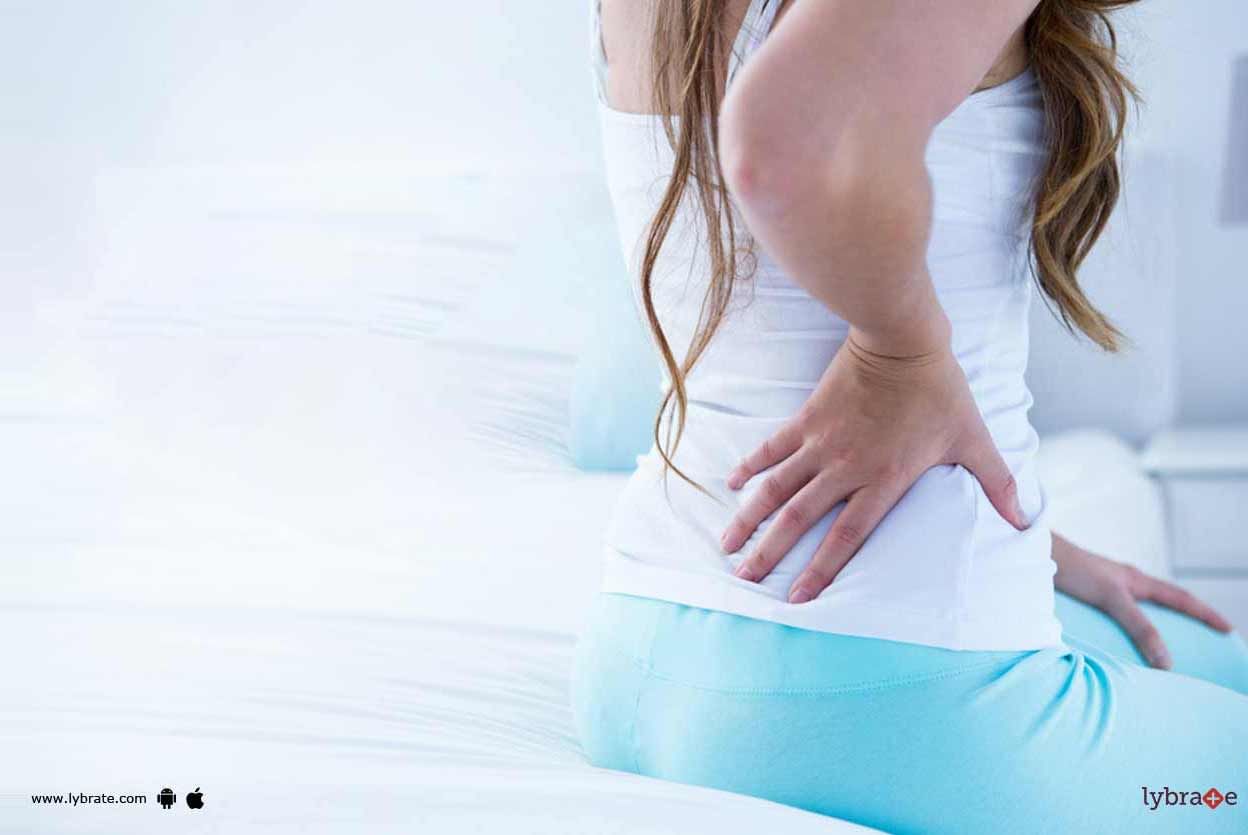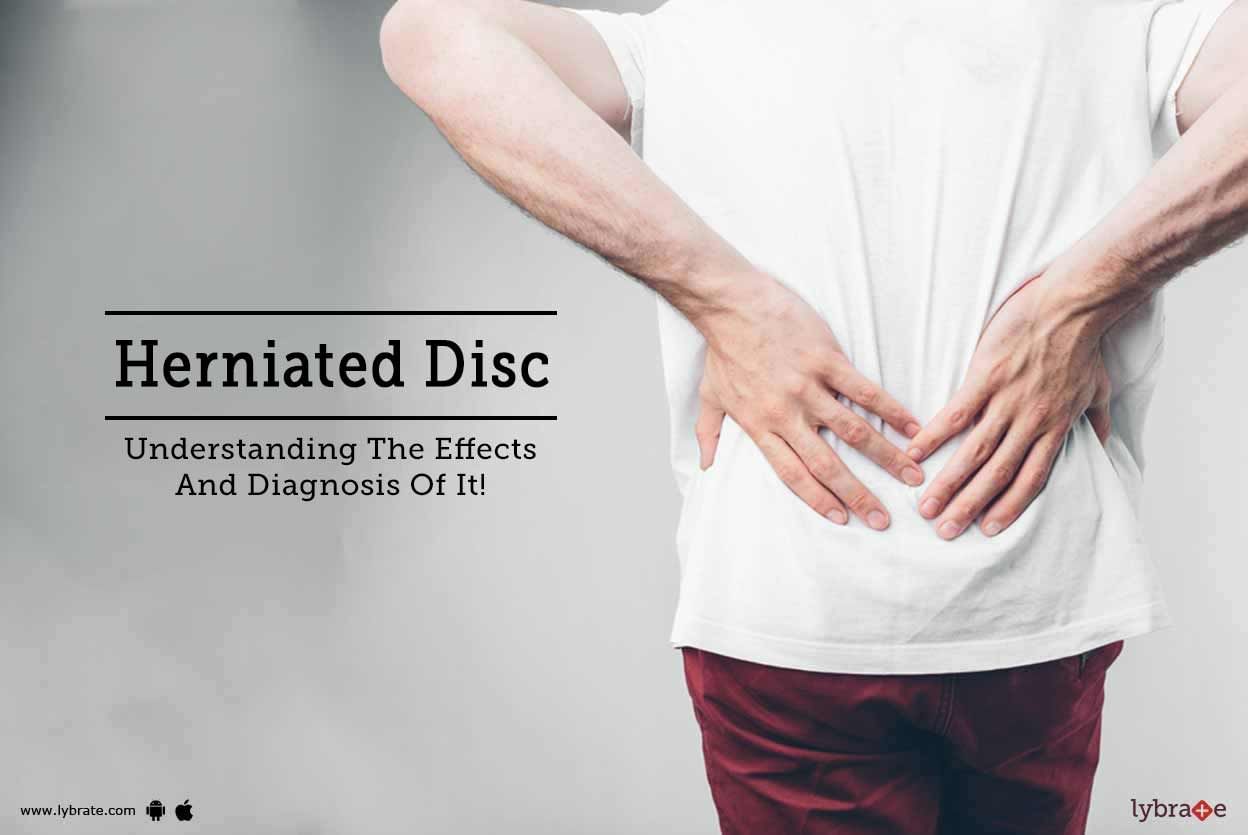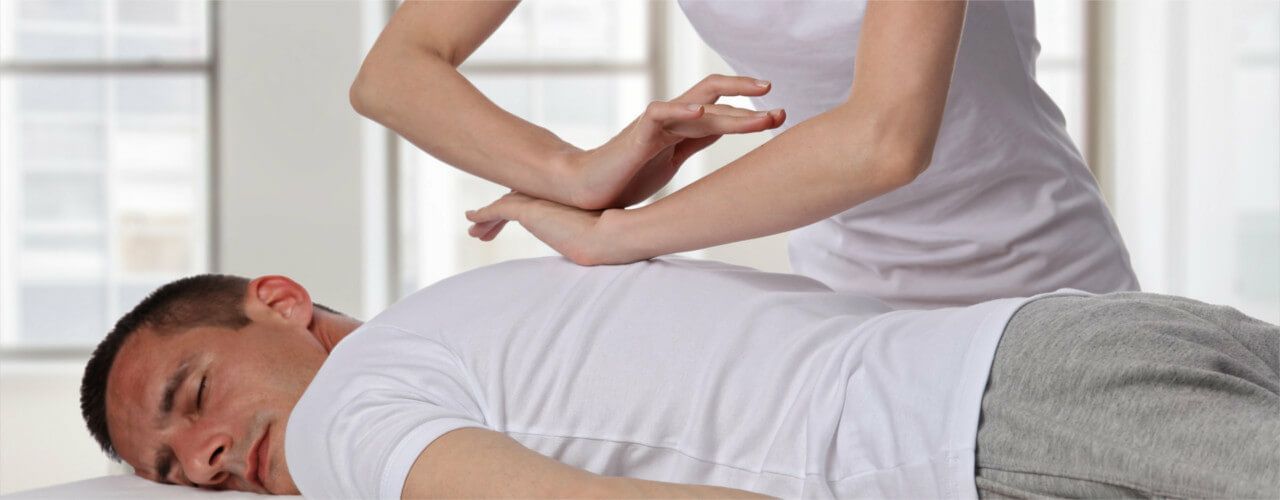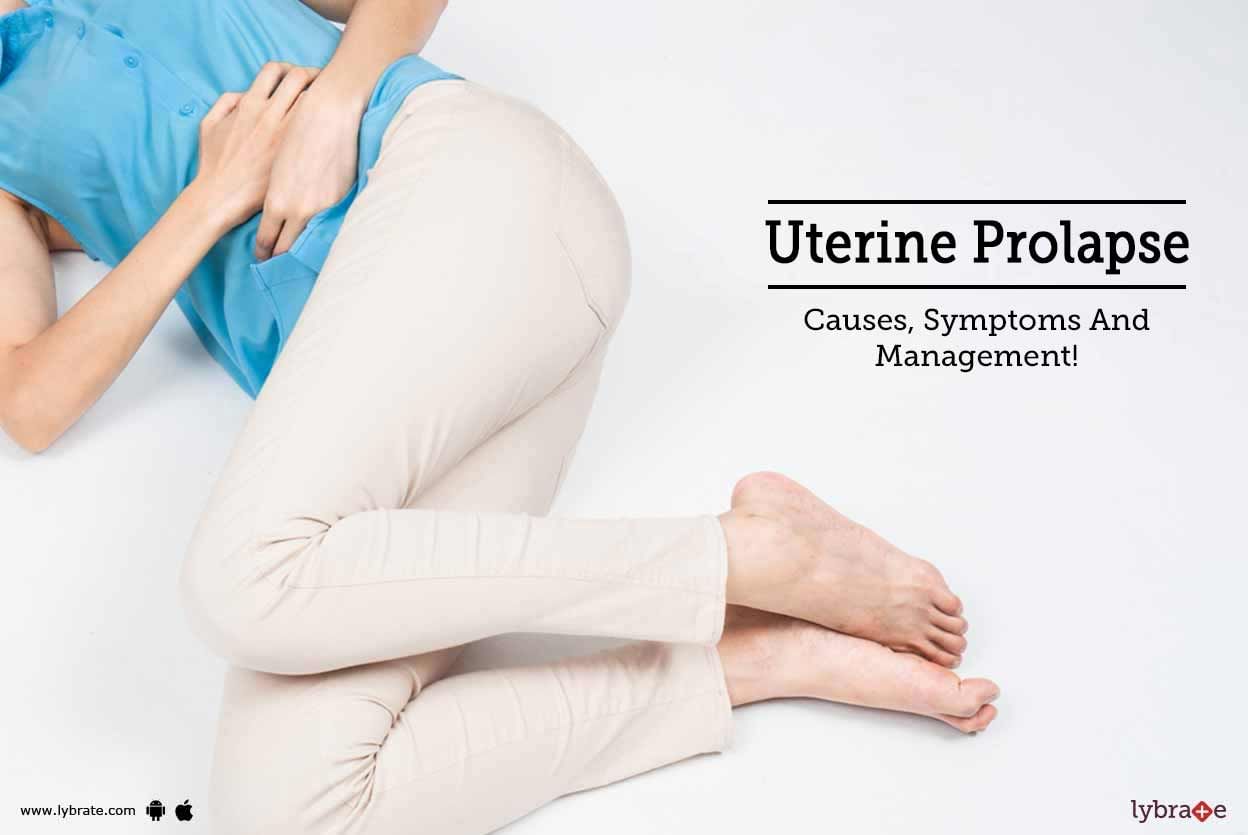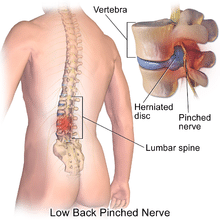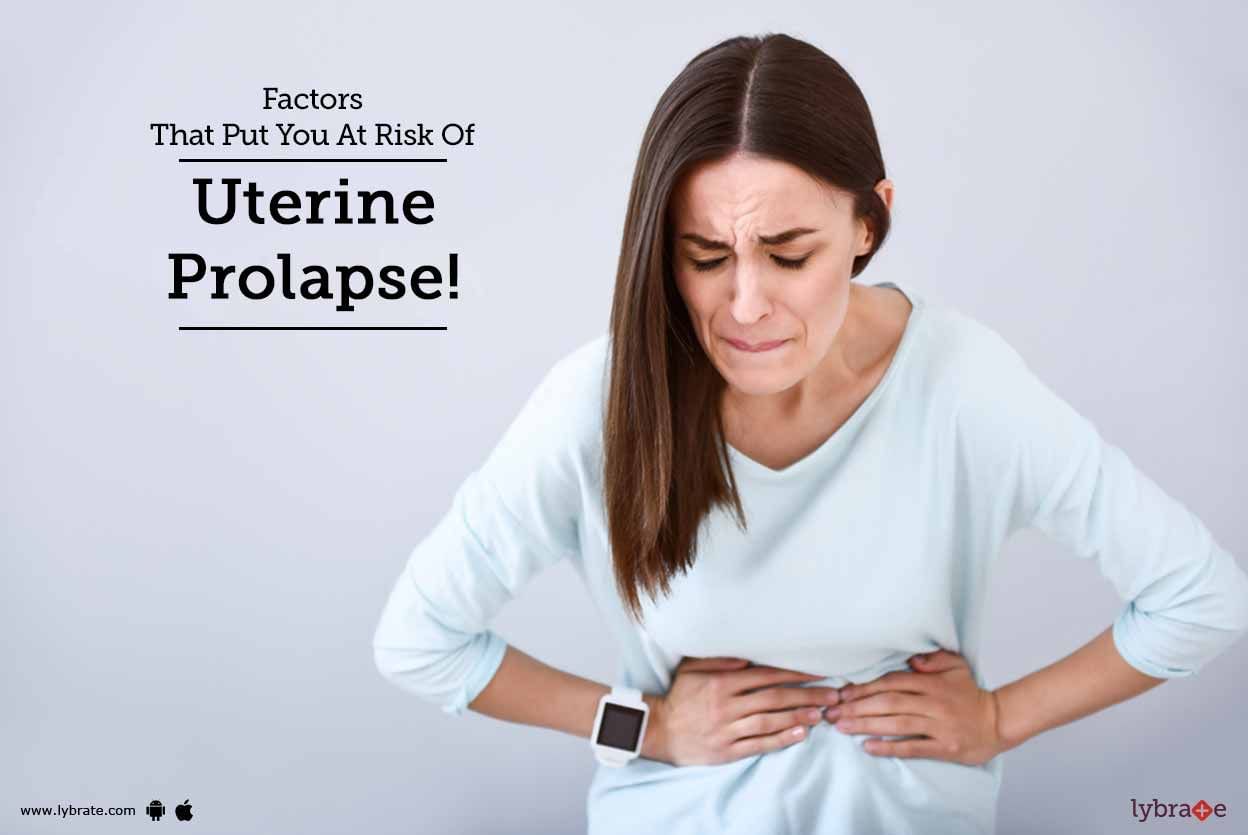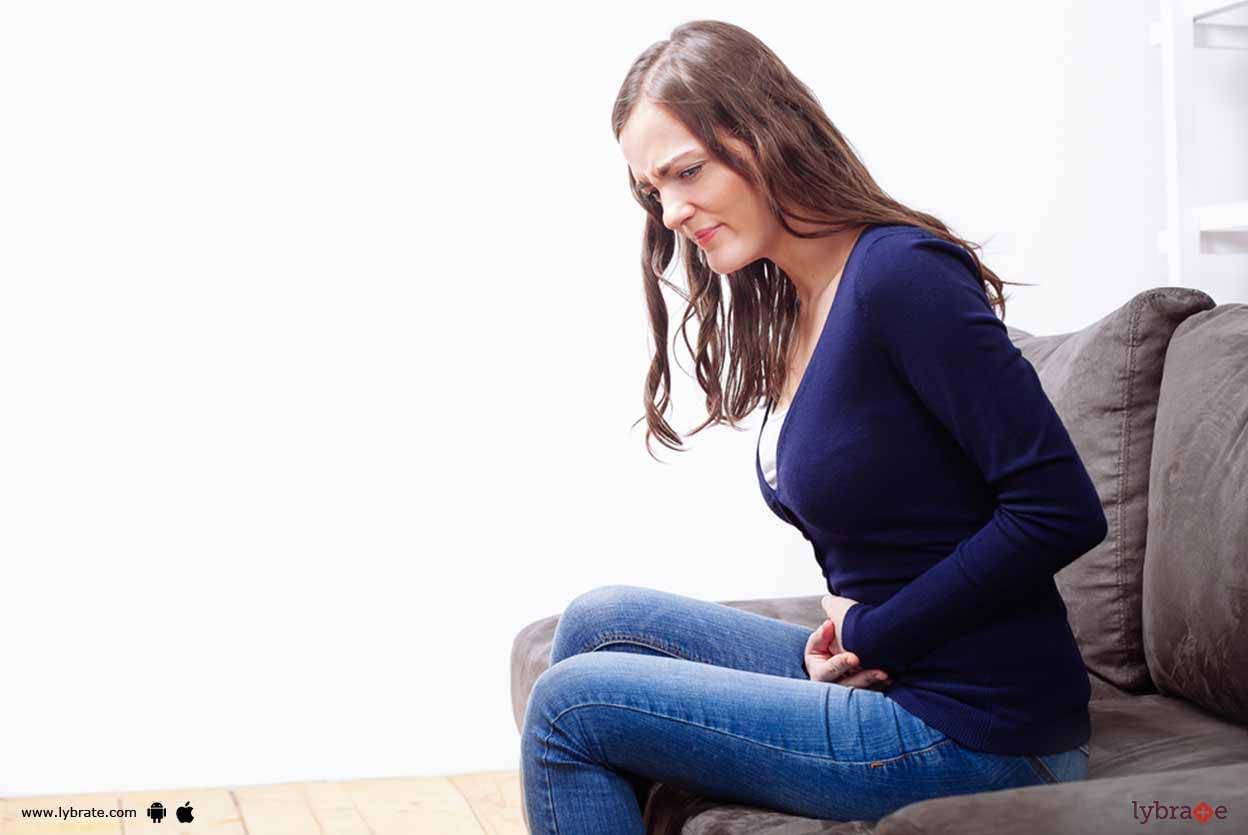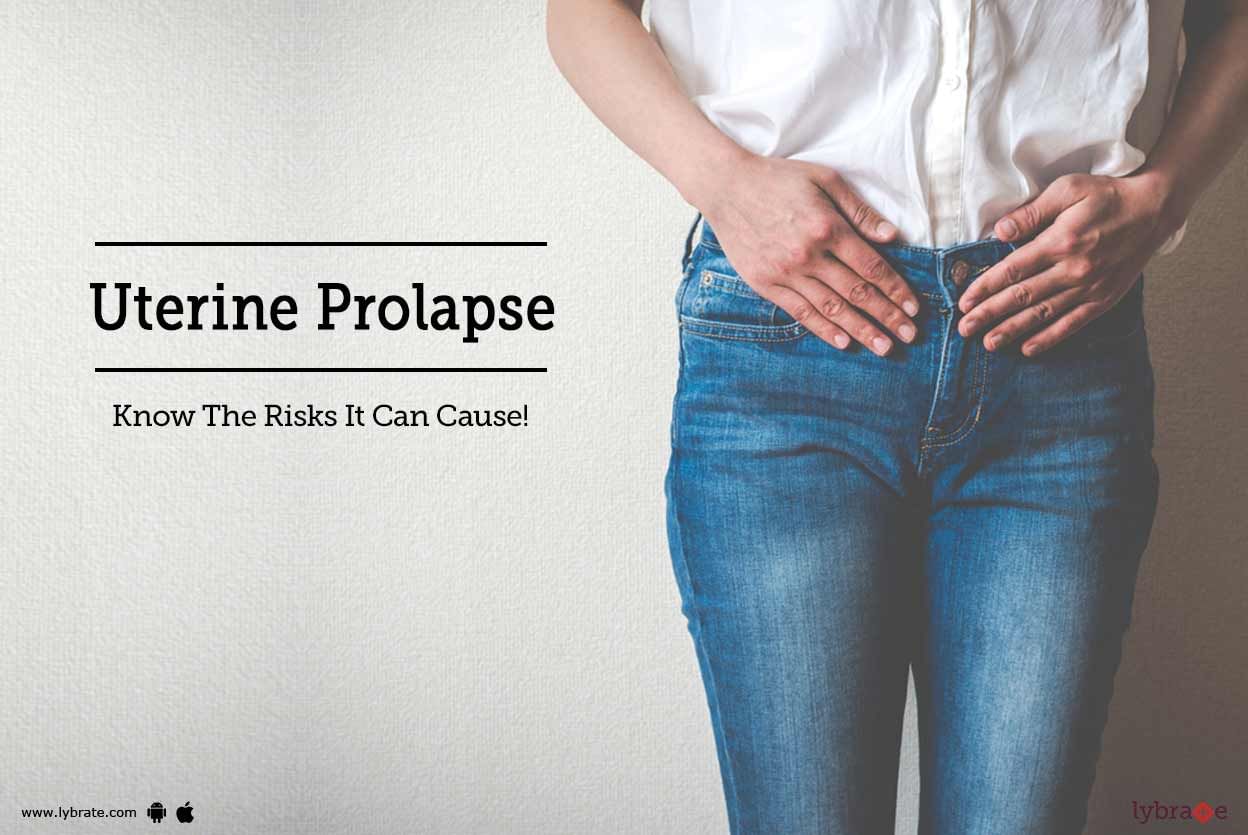Get the App
For Doctors
Login/Sign-up
About
Health Feed
Find Doctors
Health Packages
Prolapse Health Feed
Last Updated: 7 years ago• Featured Tip
Share
Bookmark
Report
A set of cartilage discs present between the vertebrae, ensures that the spinal column can withstand the weight of the upper body. If these discs tear or get injured, the condition is commonly known as slipped disc. In medical terms the same condition is known as prolapsed intervertebral disc. Here is a look at the causes, symptoms and treatment for this painful condition.
Causes for Prolapsed Disc
Intervertebral cartilage discs undergo normal wear and tear with age. However, there ...more
Causes for Prolapsed Disc
Intervertebral cartilage discs undergo normal wear and tear with age. However, there ...more
Last Updated: 7 years ago• Featured Tip
Share
Bookmark
Report
A Herniated disc also known as a slip disc or prolapsed disc and it refers to the problem where one of the discs located in between the bones of the vertebrae(backbone) gets damaged and stacks itself upon the nerves. The tender inner portion of the disc gets protruded over the outer ring. Herniated disc causes severe neck pain and back pain. It occurs when the outer ring gets weak and tears down. The most common symptoms include pain and numbness, especially on one side of the body. The pain ext...more
Last Updated: 7 years ago• Featured Tip
Share
Bookmark
Report
Last Updated: 7 years ago• Featured Tip
Share
Bookmark
Report
Uterine prolapse is a disorder, which occurs when pelvic muscles weaken and thus, fail to support the uterus, causing the uterus to slip into or protrude from the vagina. Postmenopausal women with a history of multiple vaginal deliveries are the most vulnerable to this disorder. The pelvic muscles weaken due to the following reasons:
Dip in the levels of estrogen
Excessive strain
Tissue damage resulting from childbirth and pregnancy
Common symptoms include a pulling sensatio...more
Dip in the levels of estrogen
Excessive strain
Tissue damage resulting from childbirth and pregnancy
Common symptoms include a pulling sensatio...more
Last Updated: 7 years ago• Featured Tip
Share
Bookmark
Report
The uterus is a muscular organ which houses the fertilized egg and gives it space to grow through pregnancy. It is held in place by various ligaments and tissues, as it is suspended in the pelvic area. Uterine prolapse is when the uterus slips down and is not able to stay in place. It can slip into the vaginal cavity, and may sometimes be protruding through the vagina.
Causes:
The female hormone estrogen plays a vital role in keeping this in place. With age, as the hormone le...more
Causes:
The female hormone estrogen plays a vital role in keeping this in place. With age, as the hormone le...more
Last Updated: 7 years ago• Featured Tip
Share
Bookmark
Report
Treatment of Disc Prolapse
Homeopathic Treatment of Disc Prolapse
Acupuncture Treatment of Disc Prolapse
Psychotherapy Treatment of Disc Prolapse
Conventional / Allopathic Treatment of Disc Prolapse
Surgical Treatment of Disc Prolapse
Dietary & Herbal Treatment of Disc Prolapse
Other Treatment of Disc Prolapse
What is Disc Prolapse
Symptoms of Disc Prolapse
Causes of Disc Prolapse
Risk factors of Disc Prolapse
Complications of Disc Prolapsemore
Homeopathic Treatment of Disc Prolapse
Acupuncture Treatment of Disc Prolapse
Psychotherapy Treatment of Disc Prolapse
Conventional / Allopathic Treatment of Disc Prolapse
Surgical Treatment of Disc Prolapse
Dietary & Herbal Treatment of Disc Prolapse
Other Treatment of Disc Prolapse
What is Disc Prolapse
Symptoms of Disc Prolapse
Causes of Disc Prolapse
Risk factors of Disc Prolapse
Complications of Disc Prolapse
Last Updated: 7 years ago• Featured Tip
Share
Bookmark
Report
The uterus or womb is a strong structure that is held up by the pelvic muscles and tendons. In case that these muscles or tendons extend or get distinctly powerless, they are no longer ready to support the uterus, bringing about prolapse. Uterine prolapse happens when the uterus hangs or slips from its ordinary position, into the vagina or birth channel.
Uterine prolapse might be fragmented or complex. A deficient prolapse happens when the uterus is just halfway drooping into the vagina...more
Uterine prolapse might be fragmented or complex. A deficient prolapse happens when the uterus is just halfway drooping into the vagina...more
Last Updated: 7 years ago• Featured Tip
Share
Bookmark
Report
In medical terms, the pelvic floor refers to a group of muscles in the pelvic area. These muscles provide support to the organs in the pelvic region, including the bladder, uterus (women), prostate (men), and rectum.
What is pelvic floor dysfunction?
This is a medical condition that is used to refer to a situation when you are unable to control the functioning of the pelvic floor. It means you fail to control the bowel movement. People suffering from pelvic floor dysfunction use the...more
What is pelvic floor dysfunction?
This is a medical condition that is used to refer to a situation when you are unable to control the functioning of the pelvic floor. It means you fail to control the bowel movement. People suffering from pelvic floor dysfunction use the...more
Last Updated: 7 years ago • Featured Quiz
Share
Bookmark
Report
Last Updated: 7 years ago• Featured Tip
Share
Bookmark
Report
The uterus or womb is a strong structure that is held up by the pelvic muscles and tendons. In case that these muscles or tendons extend or get distinctly powerless, they are no longer ready to support the uterus, bringing about prolapse. Uterine prolapse happens when the uterus hangs or slips from its ordinary position, into the vagina or birth channel.
Uterine prolapse might be fragmented or complex. A deficient prolapse happens when the uterus is just halfway drooping into the vagina...more
Uterine prolapse might be fragmented or complex. A deficient prolapse happens when the uterus is just halfway drooping into the vagina...more
Book appointment with top doctors for Prolapse treatment
View fees, clinic timings and reviews
Ask a free question
Get FREE multiple opinions from Doctors
posted anonymously


